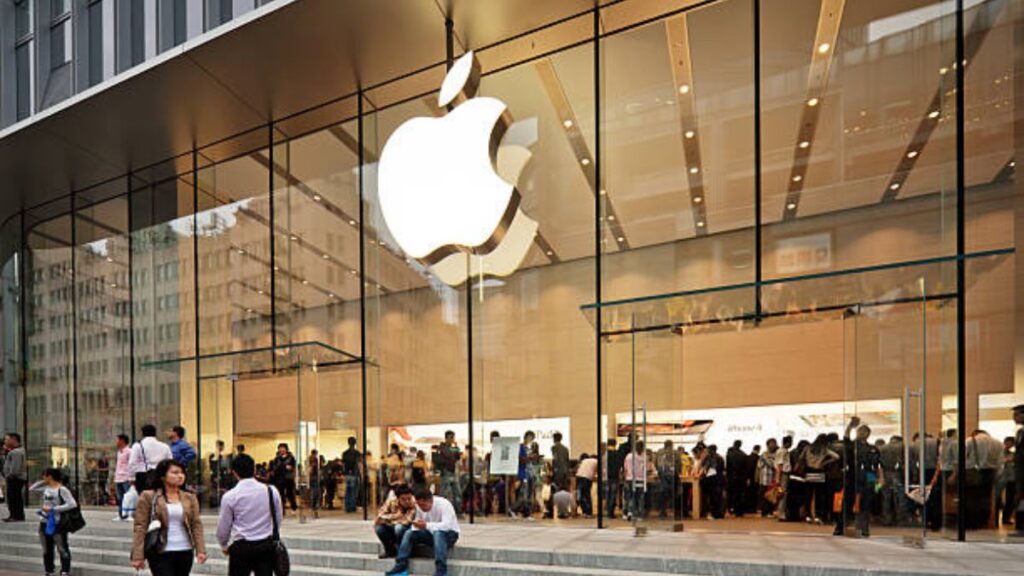By E&T editorial staff
In August, the Australian parliament passed a long-running law that would force technology firms to pay for news content in an effort to reduce the huge financial losses in the media after a coronavirus outbreak.
But while Google threatened to exit the country altogether, and Facebook prevented its Australian users from sharing news on its social network, Microsoft entered into negotiations with Prime Minister Scott Morrison, who is confident Bing could be a major search engine if necessary.
In a blog post entitled “Our Ongoing Commitment to Supporting Journalism”, Google defended its approach saying it has always been committed to “providing high quality and relevant information”, and to supporting the media publishers who help create it. It said it had already shared billions of dollars in advertising and media outlets but suggested that Australian proposals threaten access to an open web that would harm consumers, small businesses, and publishers.
Australia has made a mistake in its new rules after negotiations with major technology firms, by agreeing not to use code at firms that could indicate they have signed enough deals and media sites to pay for content. After that Google signed big deals with major news companies including Rupert Murdoch’s News Corp.
But Google has accused Microsoft of showing “naked nudity” during a Bing campaign and said it was returning “to the usual playbook of attacking competitors and soliciting laws that benefit their interests”.
“They are now making self-serving claims and are even willing to violate the way the open web works in an effort to reduce rivalry,” writes the blog. “And their claims about our business and how we work with media publishers are simply flawed.”
Post from Google is a rare, consumer-oriented attack on one of its biggest competitors. But its strong hostility to Australian law is seen as an attempt to prevent a global base that could see other countries around the world make it pay off a large portion of the revenue of media outlets.



